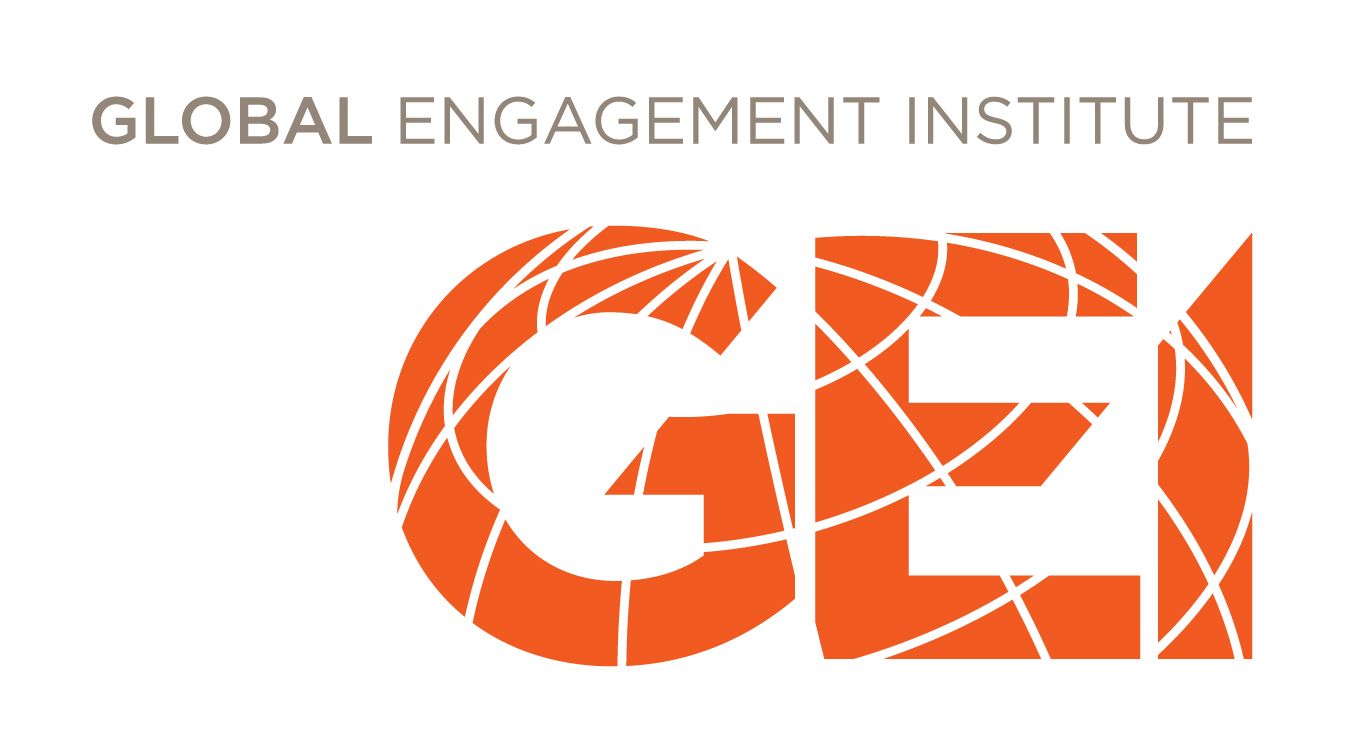GLOBAL MENTAL HEALTH (RWANDA)
GEI MICROCERTIFICATE IN GLOBAL ENGAGEMENT
An 8-credit microcertificate program to develop skills, knowledge, and understanding that prepare you for leadership and engagement in our global society.
AT A GLANCE
-
Microcertificate in Global Engagement Program
-
Disciplinary Track: Global Mental Health
-
Study Abroad Destination: Rwanda
-
2026 Dates: June 1-July 24 (8 weeks)
-
Credit: 8 U.S. credit hours (~ 16 ECTS credits) for eligible university students
-
Eligibility: Any field and level of study
PROGRAM OVERVIEW
Write your awesome label here.
Write your awesome label here.
Write your awesome label here.
Write your awesome label here.
Write your awesome label here.
Write your awesome label here.
ACADEMICS
This 3-week interdisciplinary course takes students into diverse mental health field settings across Rwanda or South Africa. Building on foundational content, students engage in experiential learning through site visits, guest lectures, and collaborative sessions with local mental health professionals. Fieldwork centers on exploring public mental health systems, cultural perspectives, and social determinants of mental health, with a strong emphasis on ethical engagement and reflective practice.
Students participate in facilitated dialogues with practitioners and peers, examine real-world case studies, and contribute to a collaborative community-based group project. The course culminates in a project presentation, allowing students to synthesize and share insights gained from their field experiences in culturally rich and resource-diverse environments. Each week includes structured colloquia, community visits, and cultural programming to support deep integration of academic and experiential learning.
This 4-week interdisciplinary practicum immerses students in hands-on mental health engagement through structured group placements in Rwanda or South Africa. Building on prior coursework and field experiences, students work alongside local psychologists, counselors, community leaders, and mental health advocates to contribute to locally driven mental health initiatives.
Placements may include community-based mental health programs, youth outreach, trauma-informed care, or mental health policy work. Emphasis is placed on ethical collaboration, cross-cultural sensitivity, and the application of global mental health frameworks in real-world settings. Weekly colloquia and mentorship sessions foster critical reflection and peer learning, while a final presentation allows students to share their insights and outcomes from the practicum experience.
As capstone project, students create a digital portfolio that serves as a comprehensive record of the students’ achievements and learning throughout the program. Students gather artifacts from their coursework and field experiences to showcase their development and mastery of skills. The portfolio culminates in a reflective essay and a presentation, promoting self-assessment and continuous learning.
There are no specific prerequisites or requirements. Students can be enrolled in any major or minor and can be at any level of university study. While we try to always place students in cohorts with similar levels of study, please understand that this may not always be possible.
Our programs are designed to follow U.S. academic culture and standards. The pace especially for the onsite experiences is generally accelerated and the workload is demanding. The U.S. grading scale of A to F is used. Students will receive a variety of assignments. They include six module-based small group assignments, engaged participation in a community-engaged learning project, a weekly reflective journal/blog/vlog, and a project report (MED332), engaged participation in a global practicum, a weekly reflective journal/blog/vlog, and a project report (MED333), and a digital portfolio culminating in a reflective essay and a presentation.
8 U.S. credit hours (~ 16 ETCS credits) for eligible undergraduate students via our U.S. academic school of record. After successful completion of the program, you will receive a comprehensive GEI transcript as well as the GEI Microcertificate in Global Engagement. Please check with your academic advisor at your home institution to confirm how many credits can be accepted for your degree program.
The language of instruction is English.
UNIQUE EXPERIENCES
Hands-on mental health engagement across sectors
Students spend eight weeks engaging with Rwandan mental health professionals across multiple sectors - from clinical settings like hospitals and trauma centers to community-based organizations and mental health policy initiatives. They contribute to meaningful work while observing how culture and context shape mental health systems.
Collaborative learning through mentorship & reflection
Each week includes guided mentorship and reflective colloquia where students analyze fieldwork experiences, share insights, and explore the intersections between psychology, culture, and public health. These structured sessions are essential for deepening ethical awareness and intercultural skills.
Write your awesome label here.
Write your awesome label here.
HOUSING & MEALS
The program includes 8 weeks in Rwanda. For this time, GEI Rwanda offers different housing options that students can choose from, pending availability. These include:
- Homestays: Typically single rooms, with shared bathroom, and access to a kitchen and living room
- Serviced apartments: Single or shared double rooms, with shared bathroom, and access to a kitchen and living room
- University residence halls at our local partner universities: Shared double rooms, with shared bathroom and no kitchen facilities
- Simple guesthouses: Shared double rooms, with shared bathroom and no kitchen facilities
Homestay host families typically provide breakfast and dinner. Students in serviced apartments, university residence halls, or guesthouses are usually responsible for all meals outside of core course meals.
You can find additional information in the following blog post: Accommodation – What to expect.
You can find additional information in the following blog post: Accommodation – What to expect.
DATES, FEES, AND SCHOLARSHIPS
Summer 2026 (8 weeks): June 1-July 24
Summer 2026: April 1
Summer 2026: US $7,950 (8 weeks)
RWANDA
STAFF
All of our staff are highly experienced and resourceful professionals.


